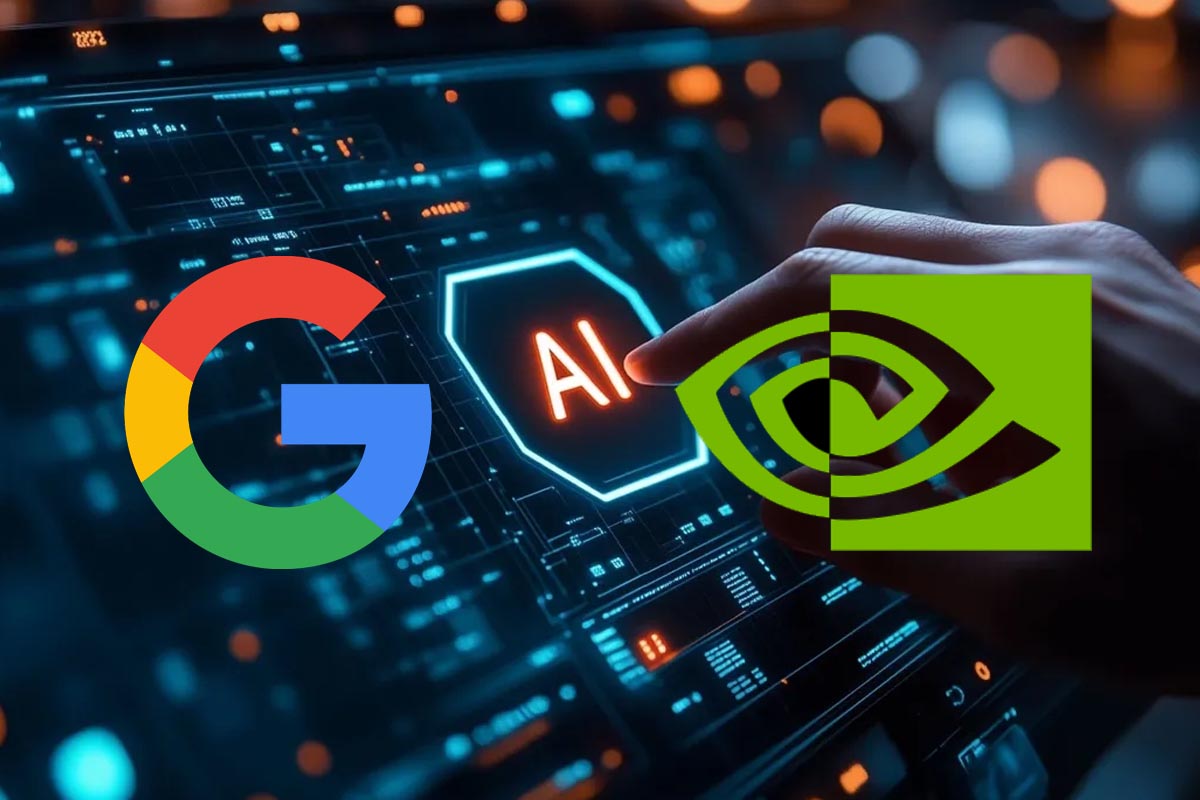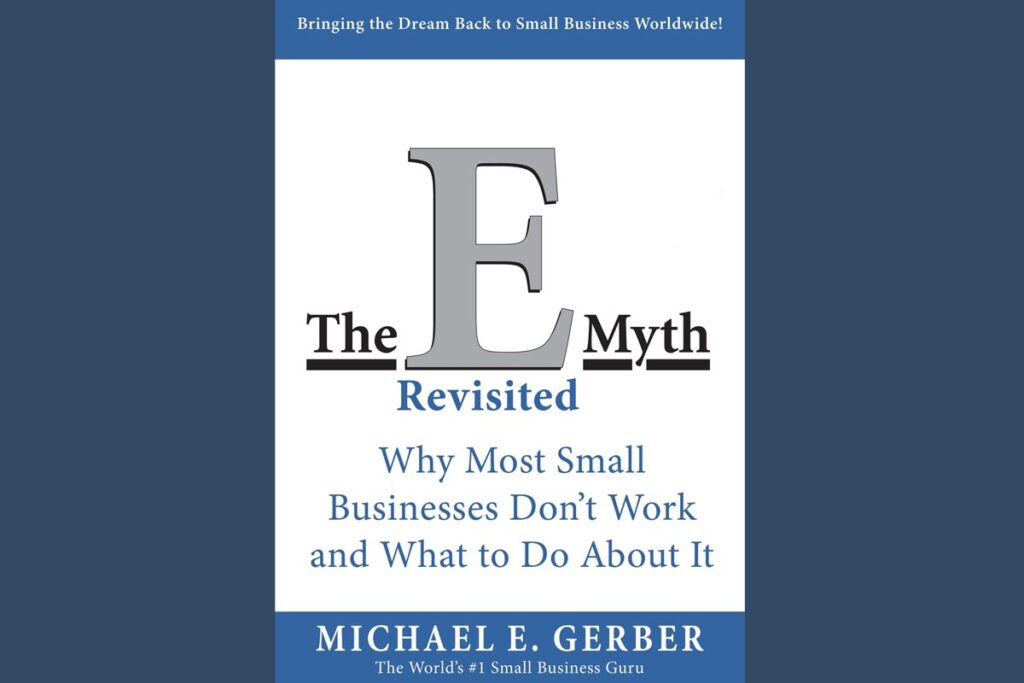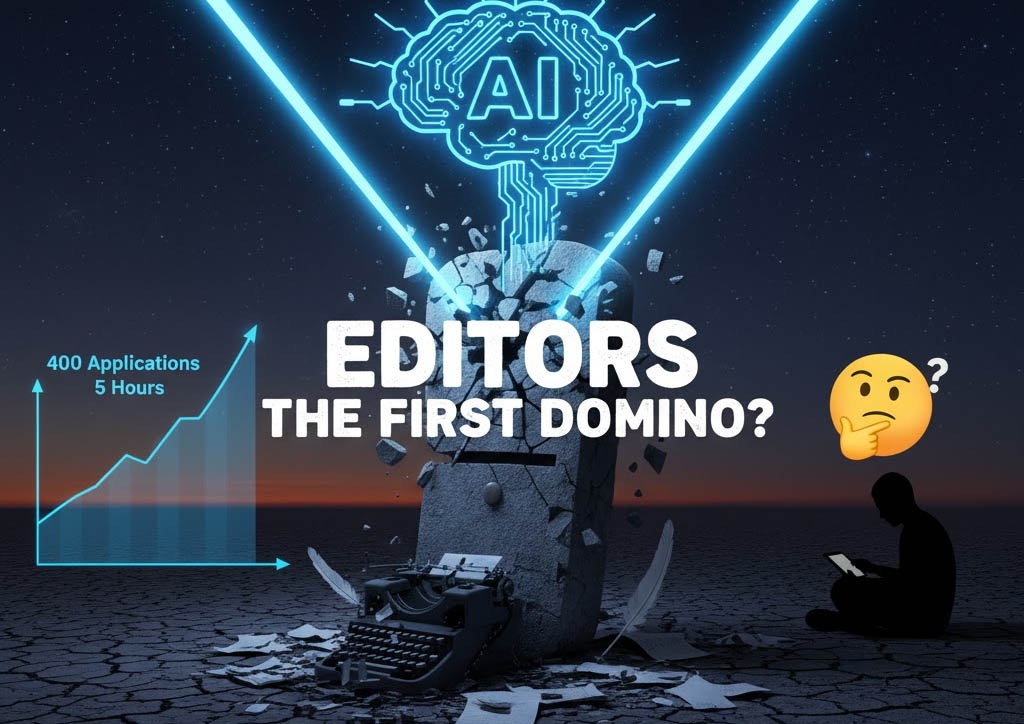The other day, I came across a striking chart in a business magazine. 96% of CEOs see cloud systems as the most suitable infrastructure for artificial intelligence. 99% are planning to increase their investments. 97% expect tangible financial impact. These numbers are extraordinary — almost like a unanimous verdict.
That same day, Google announced its quarterly earnings. Cloud revenue is up by 30%. One source reflects the market mindset, the other the market movement. Put side by side, they reveal a clear truth: AI isn’t just a trend — it’s becoming the new infrastructure layer of the digital world.
In this context, one of the most strategic moves came from Google. The company’s new-generation TPU (Tensor Processing Unit) AI chips are now only available via the cloud. You can’t buy them. You don’t own them. You just use them — and pay as you go. Google doesn’t sell hardware, it sells access.
Meanwhile, Nvidia’s model is still more fragmented. To run their chips, you either need to purchase physical hardware or access it through a data center partner. Yes, Nvidia offers cloud-based solutions too, but the ecosystem is far more complex. One provider offers the chip, another provides the model, and yet another the deployment tools. Using AI often means dealing with at least two — often more — interdependent companies.
What does Google say? “Forget hardware ownership. Log into the cloud. Use my chips, pay per usage. Need software? Gemini is at your service.” Hardware? I own it. Software? I’ve built it. The whole stack? It’s mine.
In today’s complex AI ecosystem, Google is offering a radical simplicity: End-to-end solutions from a single access point.
And that’s not just a convenience. It’s a power move. Because when one player owns the chips, the models, the data, the delivery infrastructure, and the end-user experience — and delivers it all via the cloud…
The long game is already rigged in their favor. Google isn’t just competing. They’ve already started winning — quietly, steadily, structurally.




